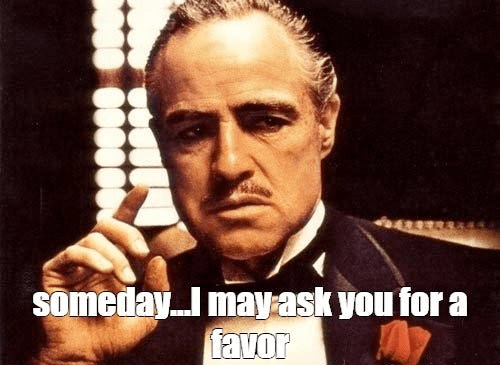Non-Transactional Compliments
post by Jonathan Moregård (JonathanMoregard) · 2024-08-09T13:42:16.471Z · LW · GW · 0 commentsThis is a link post for https://honestliving.substack.com/p/non-transactional-compliments
Contents
A Relational Frame None No comments
I used to dislike receiving compliments.
I used to dislike giving compliments.
One day, I sat down and reflected on the nature of compliments.
What other things do you “give” and “receive”?
Material goods, gifts, capital. Items of value.
I realized I’d been thinking of compliments as a kind of transaction, where the recipient gets a chunk of social esteem/status. They felt icky because of the implicit expectation of reciprocity — handing something back.

When I received a compliment, I felt a pressure to give something in return — maybe stammering out a faked return-compliment, of roughly equal value. When I gave compliments, I was afraid of putting someone on the spot — hay gurl u wun sum drink?
Mostly I avoided giving compliments — they felt impure. In the transactional frame, I always questioned myself for hidden motivations — it felt impossible to give out compliments without having an agenda.
A Relational Frame
Having realized that the transactional metaphor for compliments sucked, I set out to find another way of thinking about them. After some experimentation, I settled on a relational framing of compliments.
I stopped thinking of compliments as goods to be traded — and decided to see them as a way to highlight aspects of relationships. Concretely, when I felt a sense of appreciation for someone, I made a habit of mentioning the thing I was appreciating.
“I like being here with you.”
“I love hanging out with you, I love how silly we can be together.”
”I’m so happy I met you, we connect in a way that’s rare for me.”
”I love how your eyes are shining right now, you look so happy.”
The relational focus has helped me get unstuck when it comes to compliments, allowing me to express myself freely. Using this framing, I can speak out appreciations without thinking about potential hidden motivations.
Using compliments to highlight relational experiences takes away a lot of complexity — allowing me to focus on relating, rather than social games. Expressing momentary experiences reduces awkwardness — I don’t try to invoke certain feelings, I simply highlight things that are already there.
How are you relating to compliments? If you struggle, consider reframing them.
0 comments
Comments sorted by top scores.